Every year, the Westford Public School System tosses out 54,000 food trays – that’s a staggering 29, 400 pounds of waste and the equivalent of 490 trees. This startling fact has sparked action among students at Stony Brook Middle School.
At the school committee meeting on Dec. 4, the Environmental Leadership Club presented a slideshow on the harmful and unsustainable practices of their middle school. Their goal: help eliminate the use of harmful plastic products. Created by current freshmen Tanish Peddi, Kitt Whitmore, Ayush Warke, Perry Whitmore, Meher Pillai, and Ibsham Bhatra, the presentation intended to showcase the waste of trays, fruit cups, and food in middle school cafeterias to the school committee.
The idea for the Environmental Leadership Club first began during a science class, when eighth grade science teacher Karen Giannasca displayed pictures showcasing the detrimental effects of global warming. The idea for this club had come from Peddi, who also credits his inspiration from an outside-of-school group that he went to during the summer before eighth grade.
“It was a Westford Youth Environmental club where we were thinking of ideas to encourage recycling in our schools because we brought up that recycling was not a thing in the cafeterias,” Peddi said. “I took those ideas from [them], and was also thinking about establishing an environmental club [at Stony Brook].”
Since the group began in Stony Brook, the club’s focus has been on the middle school sustainability practices. Hoping to push for more sustainable practices, the group first looked to one of the most unsustainable places in the school: the cafeteria.
“Our first goal was just to implement recycling bins into the Stony Brook cafeteria, but then from there we looked into alternatives to single-use plastics in the schools,” Pillai said.
Since one of their main efforts is collecting and cleaning plastic fruit cups and food trays for proper disposal, there are bins in the cafeteria for students to put their trash in, allowing club members to easily be able to properly dispose of the middle school’s trash. However, the group has struggled with swaying more students to recycle, given how some students deliberately throw everything into the trash, including cups and trays.
“A lot of people don’t like to listen to how we’re trying to separate the fruit cups and trays. A lot of people would just not care and would throw everything in the trash anyways, ” Warke said.
Since the club is limited monetarily, they are only able to cause change through their own efforts. An idea that Pillai shares, as he remarks on the importance of using the school committee’s influence to make Westford Public Schools more sustainable.
“This is a large-scale problem,” Pillai said. “Most solutions require money and labor. And that requires reaching out to the school board and maybe even the state. Just for our school, we would have to get the Board of Health to verify that these changes are still okay with them. So that’s been an issue.”
These limitations are what inspired the club’s appearance at the school committee meeting. The members hoped to reveal the environmentally damaging practices of Stony Brook, especially how the compostable trays aren’t being properly disposed of.
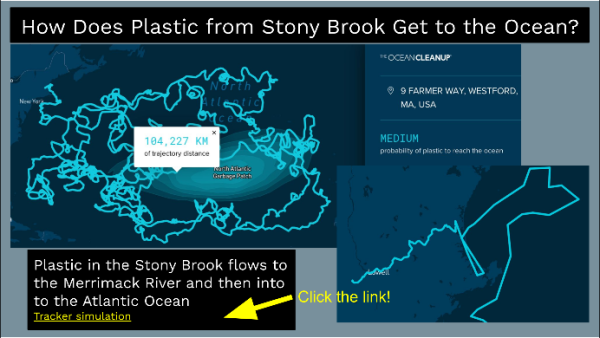
Their presentation used many staggering statistics in order to best expose the distressing sustainability practices of not only Stony Brook, but also Westford Public Schools. The members, inspired by their teacher, used powerful images in their presentation to inspire the board and push them to take the initiative to make the school system more environmentally friendly. These visuals include a map of how plastic from Stony Brook can get to the ocean, as well as pictures of stacks and stacks of the middle school cafeteria trays and fruit cups.
In addition to presenting to the school committee the club perseveres in every way they can as they attempt to continue their work in sustainability. Bhatra comments on the club’s efforts and the patience it takes to reach their goals.
“We’ve been taking it one step at a time. We’ve been trying to collect how much plastic we’ve been using. And then we’re trying to switch to more sustainable products like some forks and spoons that are disposable and eco-friendly,” Bahtra said.
The club has been supported by many faculty members of the middle school, such as Giannasca and engineering teacher Blake Buxton.
“Mr. Buxton, the engineering teacher at the middle school, was helping us quite a bit. He suggested a company called Precious Plastics where they [have] a plastic shredder,” Pillai said.
As the club’s advisor, Giannasca has been credited by the club as a huge supporter. However, Giannasca also credits the team for their consistent and incredible effort.
“The ninth graders and I meet in the library at WA despite their busy schedules and commitments. They are amazing,” Giannasca says. “The presentation to the school committee was a sight to behold. [Peddi] is the environmental master and convinced all of us that we could make a difference at Stony Brook. [Perry Whitmore], [Kitt Whitmore], [Bhatra], [Pillai] and [Warke] have provided the think tank and support to get the job done. Hopefully getting the word out to the greater community will help fuel the change.”
Reflecting on the meeting, the club was very happy with their presentation. The members felt as though they were supported every step of the way, not only by the teachers who were there for them but also the school committee.
“The school committee definitely supported us throughout it. So that was really encouraging, having [that] support from adults,” Peddi said. ” A lot of teachers from Stony Brook were there like [Alison] Hammer, our principal. They were all supporting us throughout the entire meeting and that definitely made a great impact on me.”
Inspired, the club hopes to use the meeting as the foundation for their new goals, and hope that their efforts at the meeting were successful.
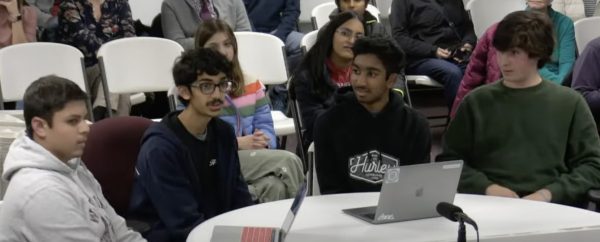
“[If] we go to the next school committee meeting, we should have an answer for those questions. I feel like our first step would be recycling. I know we have recycling here in WA, but it’s not always effective because not everyone follows it and it’s not enforced,” Peddi said. “That’s the main problem. Students need to be pushed [to recycle] gently [in] an encouraging, fun way.”

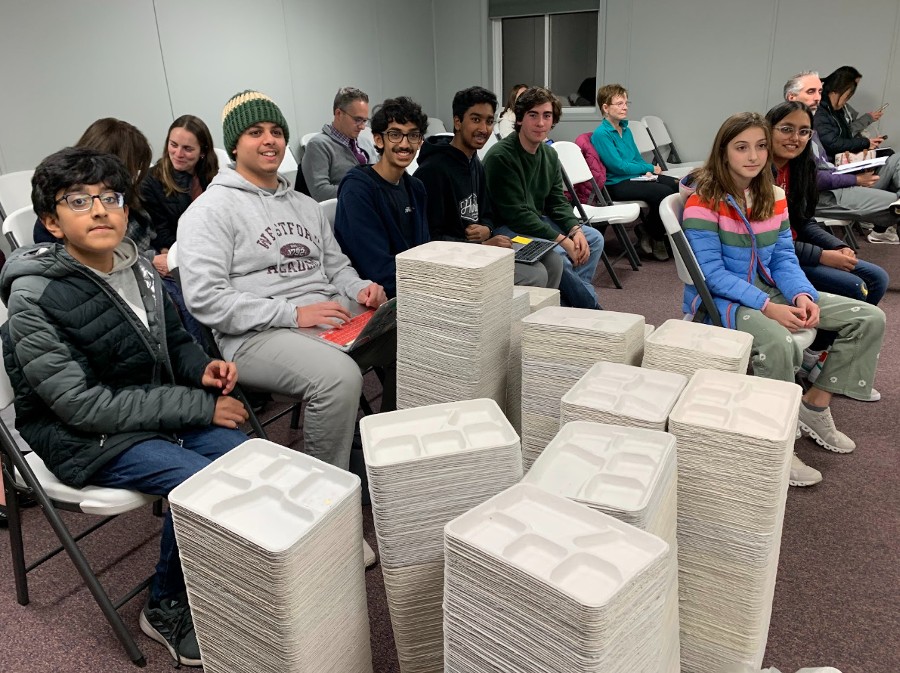


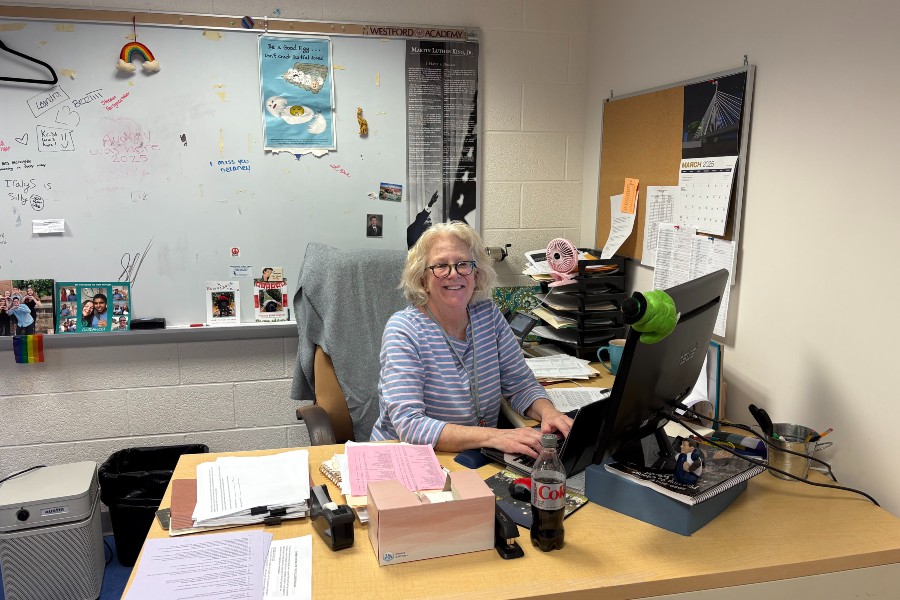
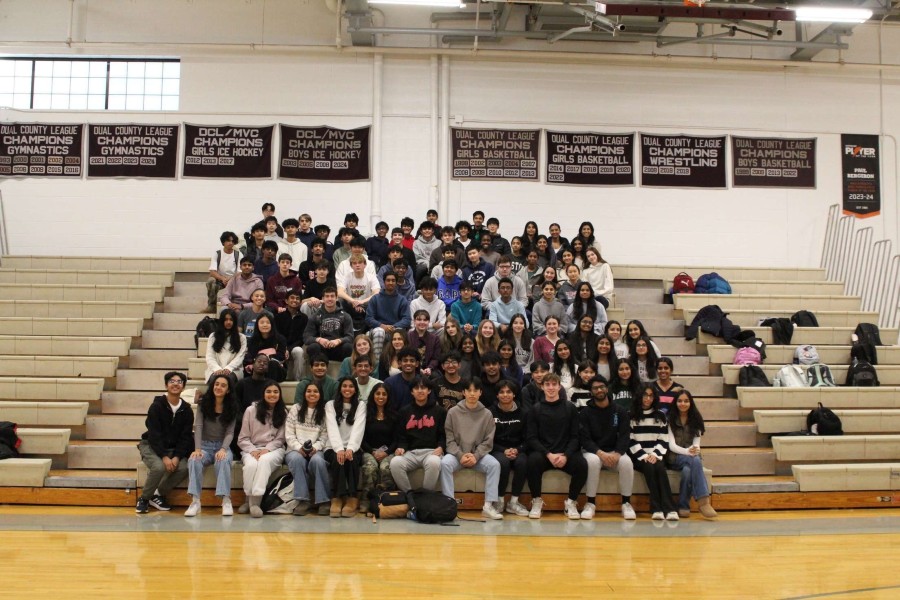
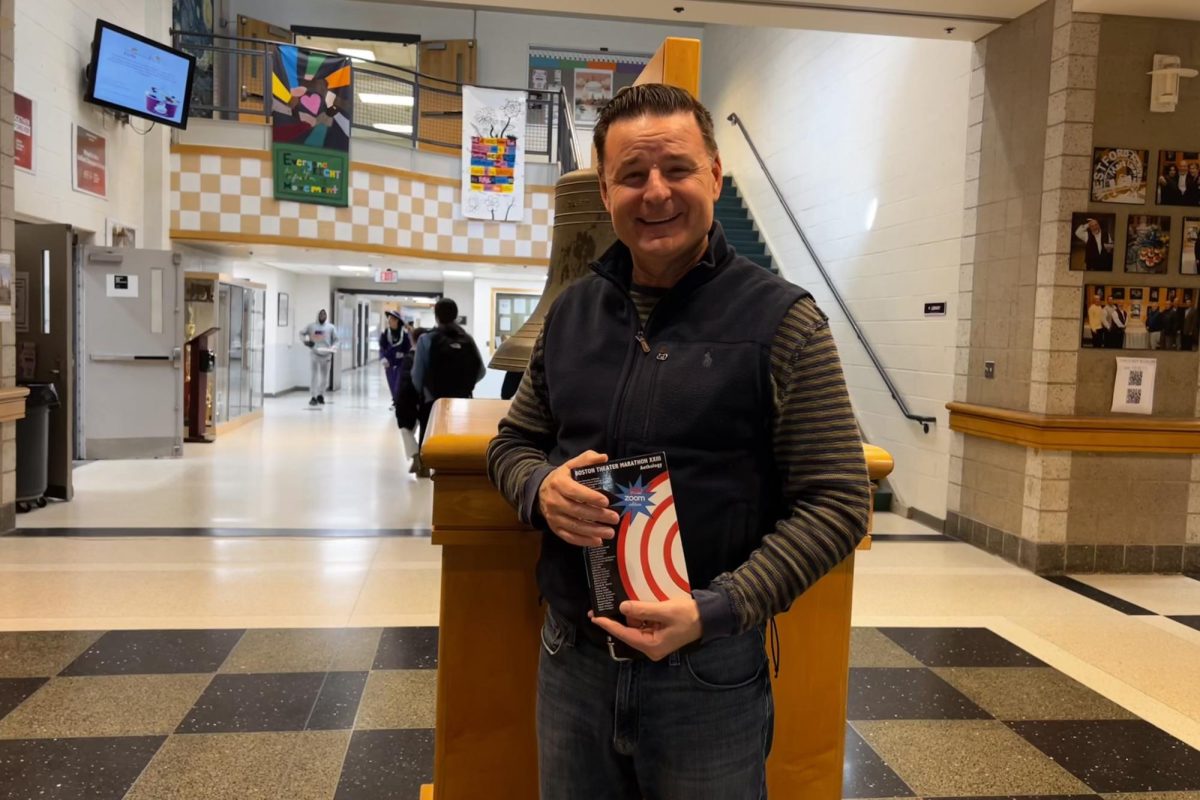
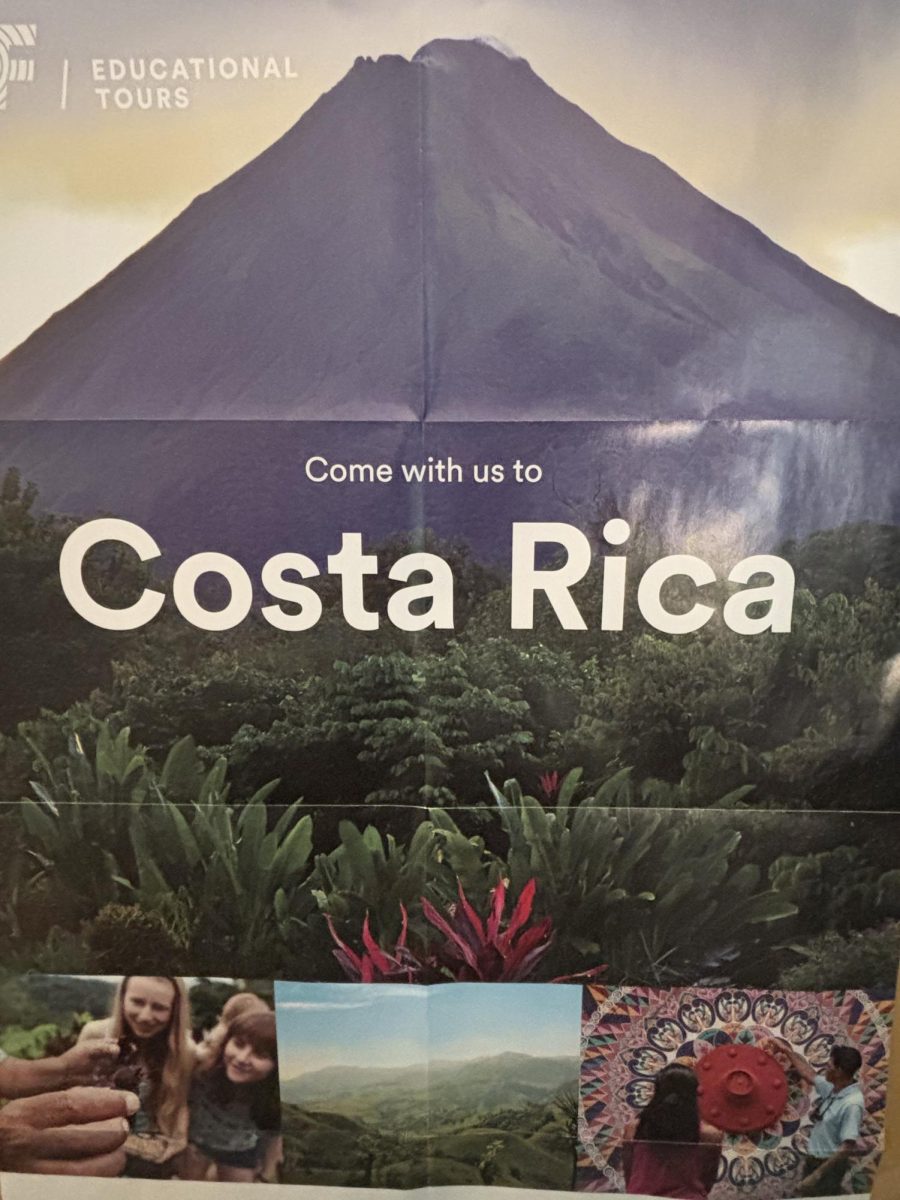
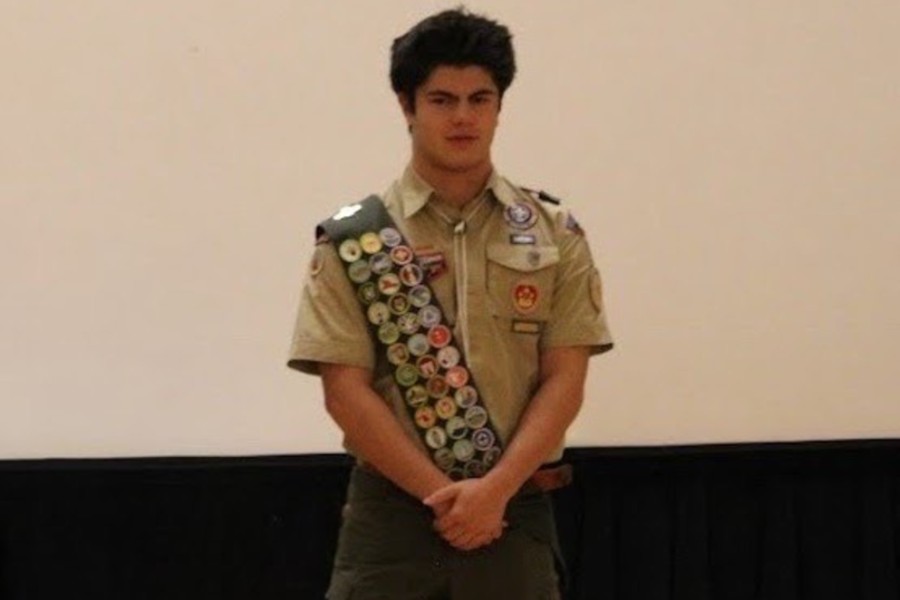


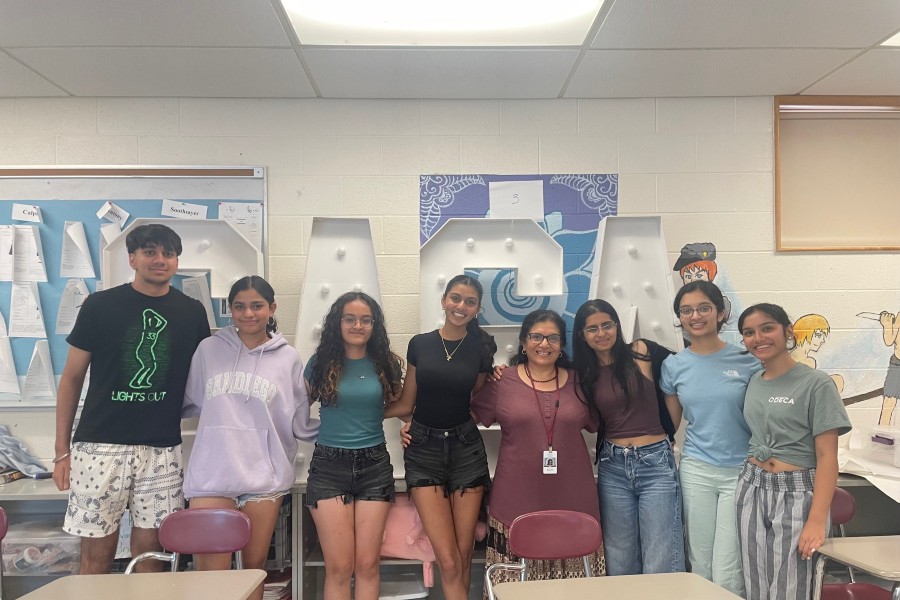
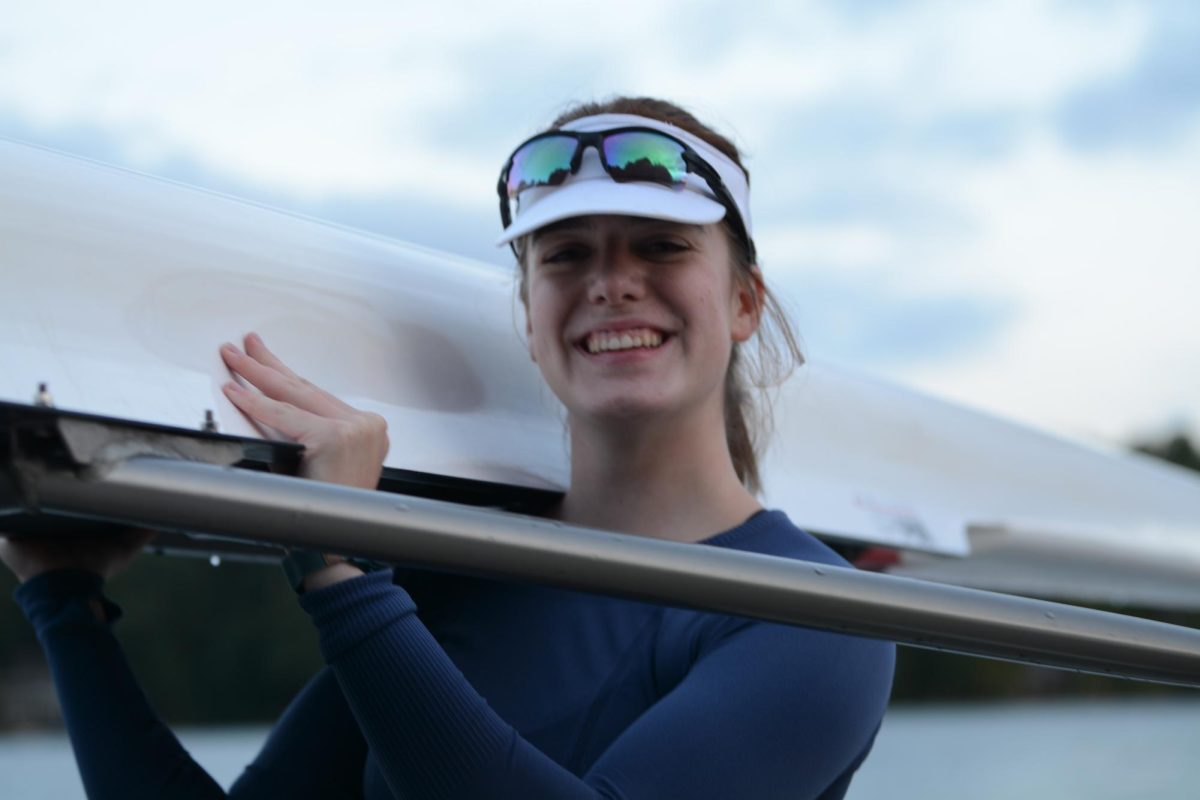
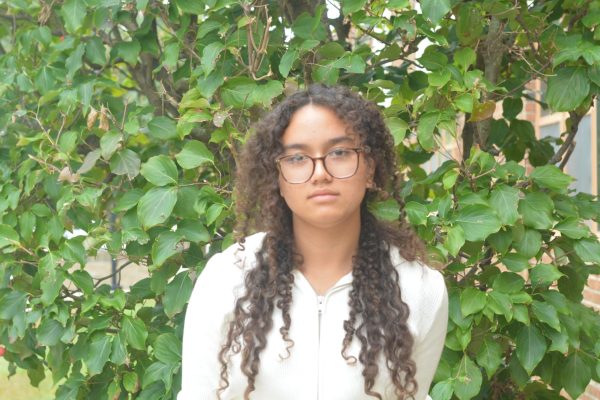
Aparna Peddi • Jan 11, 2024 at 7:24 pm
We can keep our planet safe for our future generations by taking an oath to be part of this environmental change.